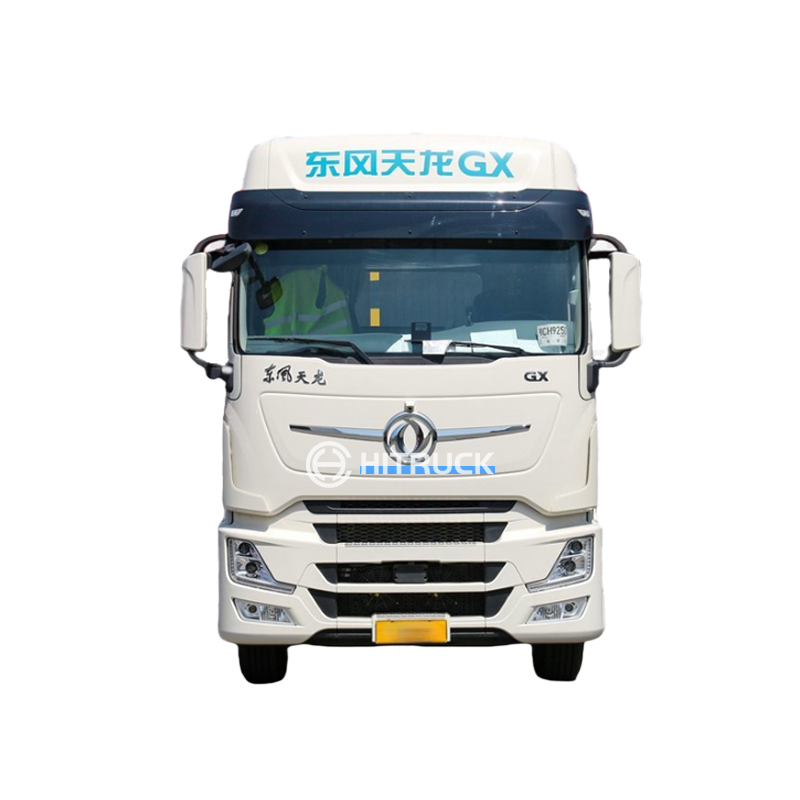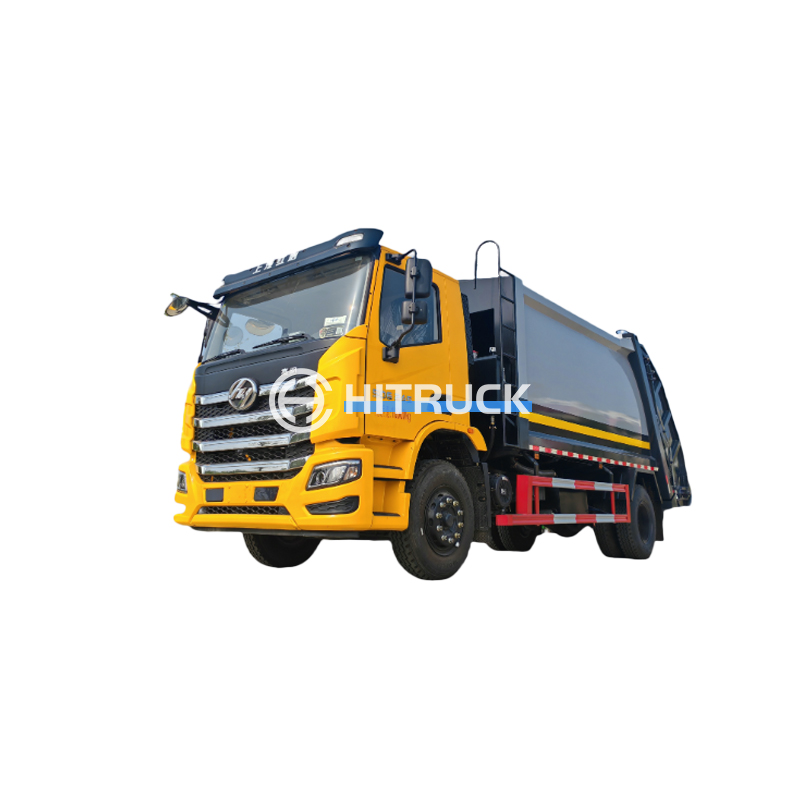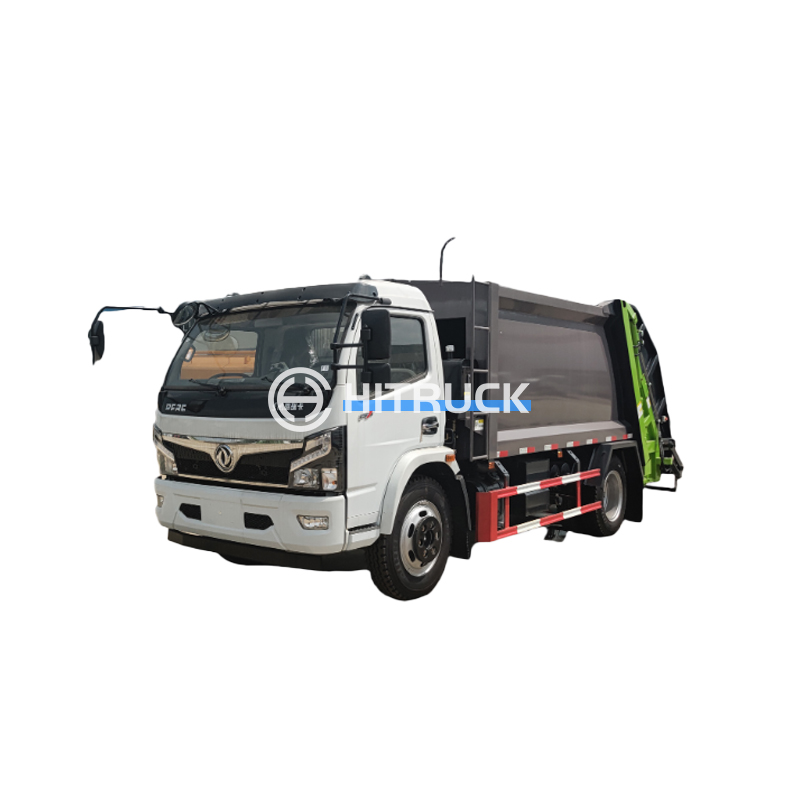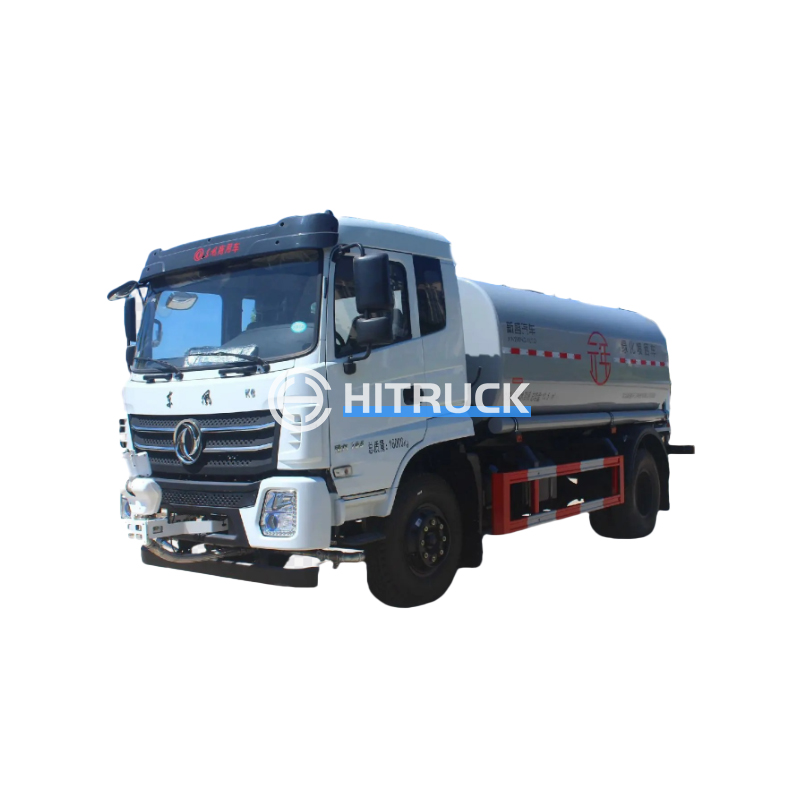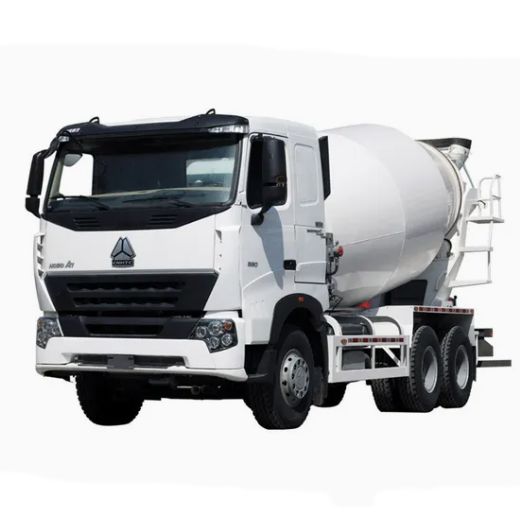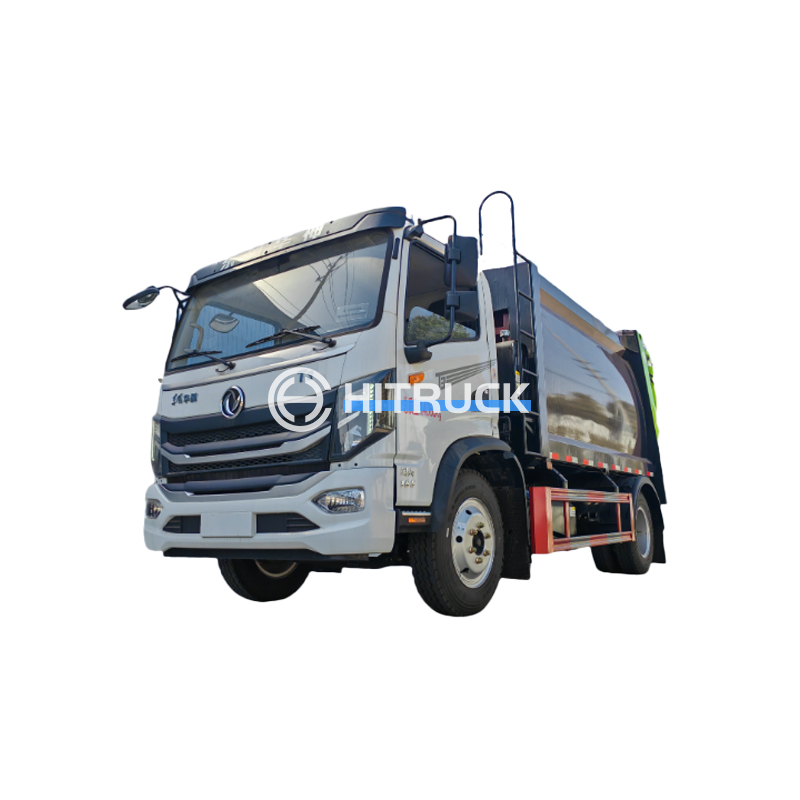Big Water Trucks: A Comprehensive GuideBig water trucks are essential for various industries, from construction and agriculture to firefighting and municipal services. This guide explores the different types, uses, and considerations when choosing a big water truck for your specific needs.
Types of Big Water Trucks
Tanker Trucks
These are the most common type of
big water truck, featuring a large tank mounted on a truck chassis. Capacity varies greatly, ranging from a few thousand gallons to over 10,000 gallons. Tanker trucks are versatile and suitable for many applications. Consider factors like tank material (stainless steel, aluminum, polyethylene), pump type (centrifugal, positive displacement), and hose reel capacity when making a selection.
Water Cartage Trucks
These are specialized
big water trucks designed for long-distance water transportation. They often feature larger tanks and more robust chassis for durability and off-road capability. Often seen in remote construction sites or drought-stricken areas.
Firefighting Water Trucks
These
big water trucks are specifically equipped for firefighting, often incorporating high-pressure pumps, specialized nozzles, and other fire suppression equipment. These are typically heavier-duty vehicles designed for rapid response and tough conditions. Their pump capacity and water tank size will be optimized for firefighting scenarios.
Choosing the Right Big Water Truck
Selecting the appropriate
big water truck requires careful consideration of several factors:
Water Capacity
The size of the water tank is crucial. Consider your typical water needs and the distance you’ll be transporting the water. Larger tanks mean fewer trips but higher initial investment and operating costs.
Pump Capacity and Type
The pump's capacity (gallons per minute) dictates the rate at which you can dispense water. Centrifugal pumps are generally better for high-volume, low-pressure applications, while positive displacement pumps are better for high-pressure, lower-volume applications. Consider the specific requirements of your tasks.
Chassis and Drivetrain
The chassis determines the truck's durability, payload capacity, and maneuverability. Consider the terrain where the truck will be used. Four-wheel or all-wheel drive may be necessary for off-road applications.
Additional Features
Some trucks offer additional features such as:
- Hose reels
- Nozzles
- Water cannons
- Auxiliary tanks
- Onboard power generation
Maintenance and Operation
Proper maintenance is crucial for extending the lifespan of your
big water truck and ensuring its reliability. Regular inspections, cleaning of the tank and pump, and timely servicing are essential. Familiarize yourself with the truck's operating manual to ensure safe and efficient operation.
Where to Find Big Water Trucks
Several reputable dealerships and suppliers offer a wide range of
big water trucks. For new or used vehicles, you might want to consider checking out online marketplaces or directly contacting manufacturers and dealers.
Suizhou Haicang Automobile sales Co., LTD offers a selection of high-quality
big water trucks for various needs.
Cost Considerations
The cost of a
big water truck varies significantly based on size, features, and brand. Factors influencing cost include:
| Factor | Impact on Cost |
| Water Tank Capacity | Larger tanks increase cost |
| Pump Type and Capacity | Higher capacity pumps are more expensive |
| Chassis Type and Drivetrain | Heavy-duty chassis and AWD increase cost |
| Additional Features | More features mean higher cost |
Remember to factor in maintenance and operating costs over the lifetime of the truck.This comprehensive guide provides a solid foundation for understanding
big water trucks. Always conduct thorough research and consult with industry professionals to find the best solution for your specific requirements.

